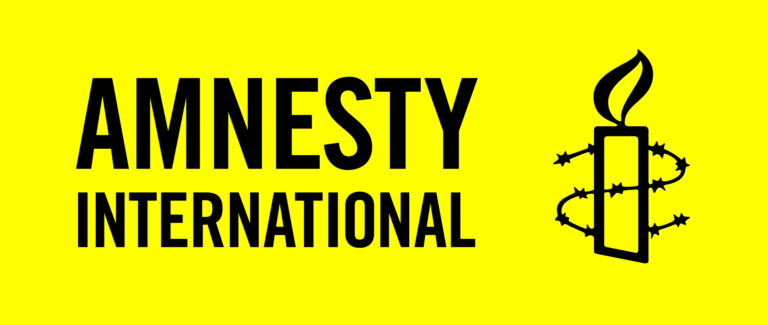
In 2023, you helped us Be There
Be There is an Amnesty International program that supports people around the world whose lives have been torn apart by conflict and crisis, on every step of their journey. We are living through the worst refugee crisis since World War II. We have the chance to turn the tide – before it’s too late.
We were warned of the growing civilian death toll and further ethnically-motivated attacks in the Darfur region. We raised alarm about thousands of people forced to flee from the city of Wad Madani to Khartoum.
We investigated an airstrike by the military on an internally displaced persons camp that killed 28 civilians and injured 57 others. We called for these attacks to be investigated as war crimes.
As a part of the organization’s long term work to end the oppressive and discriminatory system of apartheid in Israel and the Occupied Palestinian Territories, Amnesty International continues to document violations of international human rights and humanitarian law during the unprecedented conflict in the occupied Gaza strip where over two million people face a risk of genocide. Letters and petitions from thousands of Canadians pushed the government to support a ceasefire, restore funding to UNRWA and implement a partial arms embargo.
We will continue to Be There with researchers gathering evidence and testimony of possible war crimes, and calling for an immediate sustained ceasefire by all parties and a complete lifting of Israel’s illegal blockade of Gaza. Amnesty International is also calling for armed groups to release hostages held in Gaza and for Israeli authorities to release arbitrarily detained Palestinians.
We worked to reveal the Iranian authorities’ brutal crackdown on Baluchi protesters and worshippers. Together with the Iran team, we investigated the case of 16 year-old Armita Garawand, who lost consciousness of a Tehran metro train after reports she was assaulted by an enforcer of Iran’s compulsory veiling laws.
Evidence Lab has supported comprehensive investigation into a massacre in Goma, DRC where Congolese soldiers brutally attacked and killed followers of a political and religious group.
Major report, based on more than 18 months of investigation on the system of mass detention and related violations against those with perceived affiliation to the Islamic State in north-east Syria. The report documents how the region’s autonomous authorities are responsible for the large-scale violation of the rights of more than 56,000 people, including 30,000 children held n at least 27 detention facilities and two detention camps.
Approximately one million Rohingya people still live in refugee camps in Cox’s Bazaar, Bangladesh. Amid increasing violence and deteriorating conditions there, many Rohingya refugees and asylum seekers are undertaking irregular boat journeys across the Andaman Sea to Indonesia, Malaysia and Thailand. These journeys are rife with danger and exploitation, and Rohingya people face dangers and hostility on arrival.
Right now, with your help, these actions are underway:
We are working to protect the rights and safety of refugees from Kenya, through East and Southern Africa, to Canada, Myanmar and Europe.
We have called for Pakistan to halt the deportation of Afghan refugees. Petitions are ongoing asking countries to give visas to Afghan women.
A primer was published in February: Defending Rights of Refugees and Migrants in the Digital Age
Amnesty International is defending the rights of older people. This includes a briefing to the UN to address the gaps in human rights protections for older people. We delivered training on older people’s rights in Czechia, Slovakia and Germany, and collaborated with other Amnesty Sections in Poland, Slovakia and Iceland. We also published a report and commissioned a documentary film about older people and people with disabilities in the Ukraine.
Toolkit on older people: We commissioned the development of a marketing and communications toolkit to support our campaign for a UN Convention on the rights of older people. Call for states, including Canada, to support a new Convention on the rights of older people.
We published an investigation into the transfer of weapons used to crush dissent and abuse protesters and detainees. These weapons include tear gas, rubber bullets, batons and stun grenades.
To learn more about Amnesty International’s Be There program, email us at members@amnesty.ca
